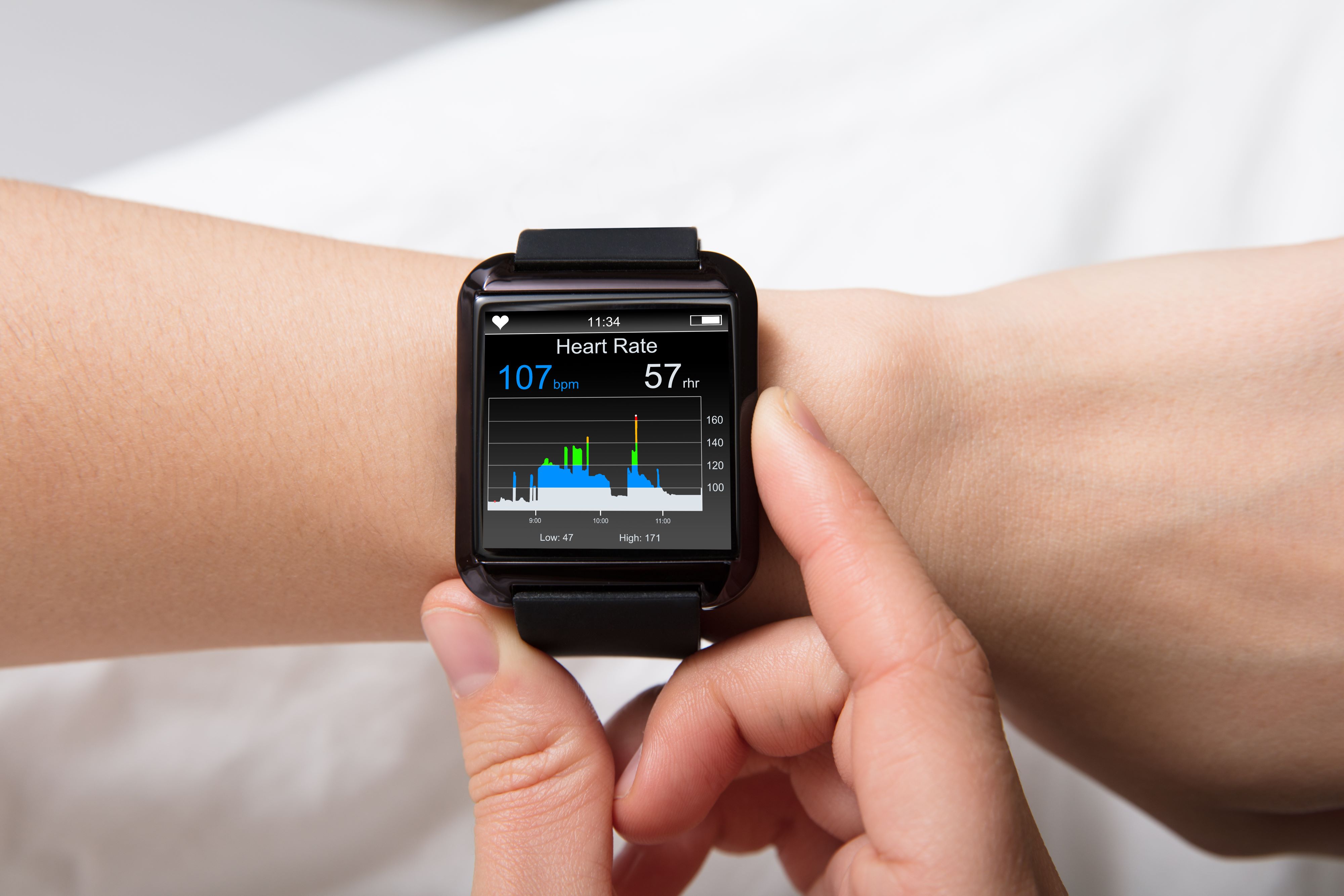
Did you know that approximately 30% of adults in the U.S. use some form of wearable technology, with fitness trackers and smartwatches being the most common? They can offer a range of benefits for our wellness.
Here are some benefits to wearing a wellness tracker:
- Activity tracking- they can help track your steps, traveled distance and calories that you have burned.
- Heart rate monitoring- they can help you to understand your cardiovascular health and progress while also detecting anything irregular, such as an irregular heart beat.
- Sleep analysis- some trackers can analyze your sleep patterns to gain insight into the quality of your sleep, duration, and any interruptions or disturbances happening throughout the night.
- Stress management- some devices can measure your physiological indicators of stress, like increases in heart rate at certain times, to help your identify your triggers for stress.
- Diet and nutrition- some devices can track your dietary intake and hydration level to help you with better optaining more balanced nutrition and hydration levels.
- Health metrics- some trackers can monitor your blood oxygen levels, blood pressure and glucose levels to help manage any chronic conditions.
If you’re considering getting a wellness tracking device for yourself, ask your friends and family for recommendations, as this may be the best way to figure out what might be most fitting for yourself. Consult with your doctor(s) or healthcare team to see what they think, as they know key aspects to your health that can help determine what you need. Also, as we want to be mindful of budget, compare prices to better understand the investment.
If you don’t have the budget to purchase a device, you can start tracking your daily health by journaling. Journaling is good for so many things, and should not be underestimated. The act of writing itself, helps us to remember what we wrote and allows for better recall later. Write down what you’re eating, along with the activities you are doing and include how you are feeling as well. This can help you better understand your own body and what your body reacts to most. For instance, you might find that eating late affects how you sleep. Maybe you opt for dessert (sugar), and you find you get a burst of energy and an initial feeling of contentment, but then your stomach might not feel very well soon after, or you may become extremely sluggish.
However you choose to track your wellness journey, pay attention to how tracking it feels as well. Sometimes when we’re highly focused on writing down every single meal in detail and every moment of activity, we can start to become obsessed with our body image and take on more stress.
The point is to become more self-aware about what we’re doing day to day and make strides towards better care for ourselves. We want to teach ourselves discipline in what we eat and do, yet live freely without the aches and pains of too many limitations. It’s all a balance.

